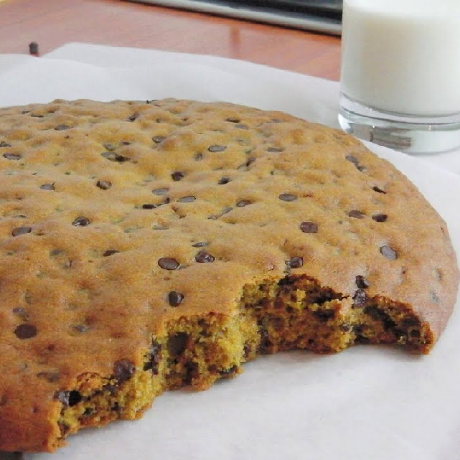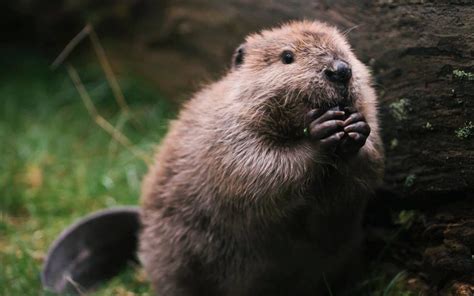Although it has been a month since the deaths of Nakoda and her cubs, Stevens said the loss was still “incredibly difficult” for parks staff, especially those who spent “hundreds and hundreds of hours” monitoring Nakoda, who she described as a “super special” bear.
This is the best summary I could come up with:
It was part of an attempt to help keep animals including a beloved white grizzly bear named Nakoda away from the dangers of the road.
The deaths in British Columbia’s Yoho National Park near the provincial boundary highlight the ongoing effort to spare large animals from peril on the highways, as well as its limitations.
A fallen tree could take out a fence, she said, and there were “leaky spots” involving culverts and wildlife overpasses and underpasses, she said.
“[She] was kind of getting up over the fence in this two-foot section that didn’t have a hot electric wire on it,” Stevens said, adding that Nakoda was “a very smart bear” who was fond of eating roadside vegetation.
One of the challenges is that crew can’t get out until the snow pile melts, by which time bears are already emerging from dens, Stevens said.
“We want to enable the bears to move through valley bottoms and utilize those low-elevation habitats without coming into conflict with people,” said Sanders.
The original article contains 857 words, the summary contains 167 words. Saved 81%. I’m a bot and I’m open source!
Reduce highway use and built electric trains that have sensors along the track so trains can stop before the bear gets hit



